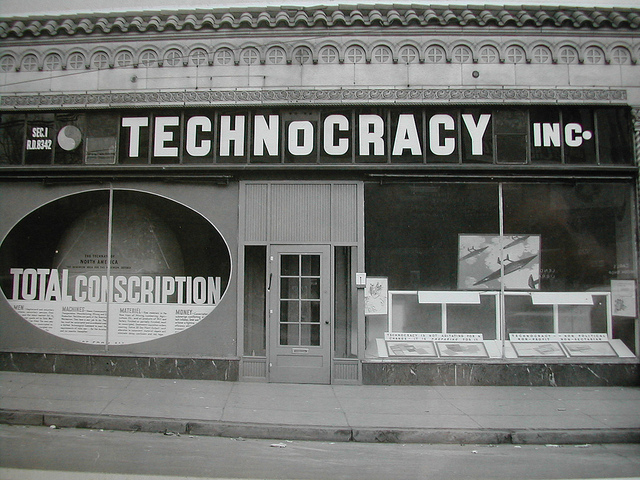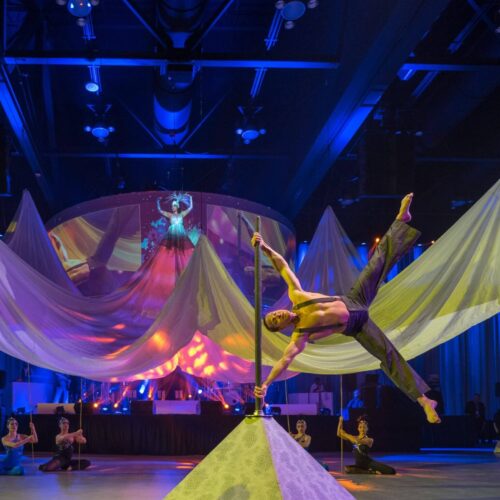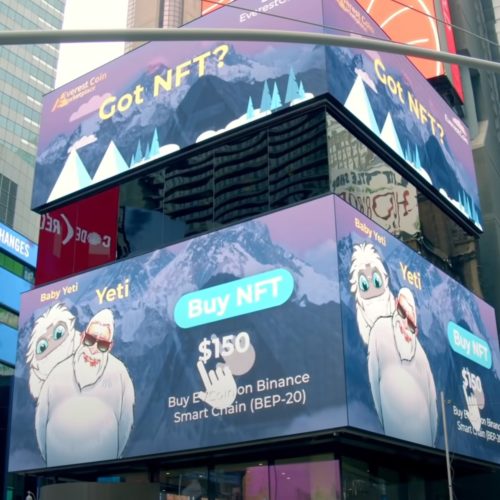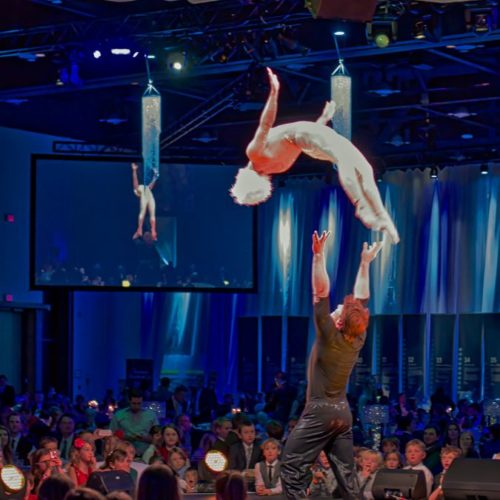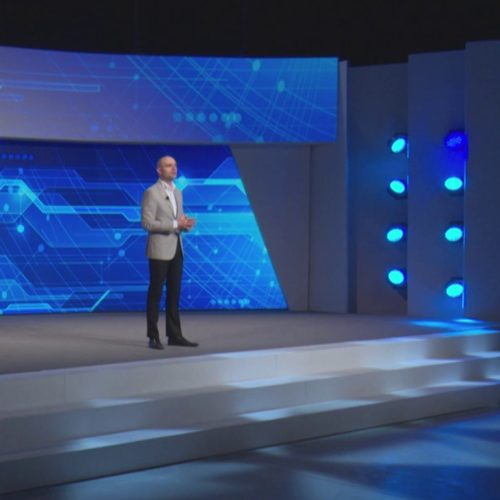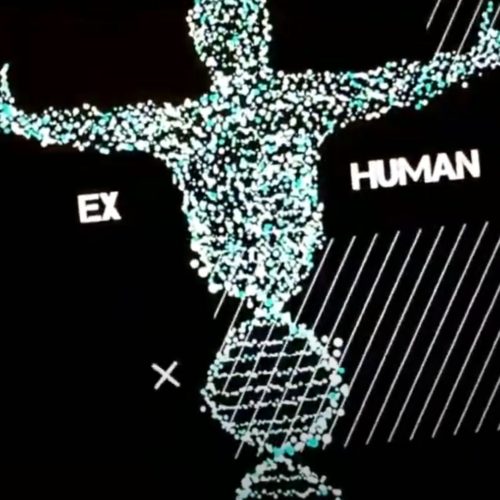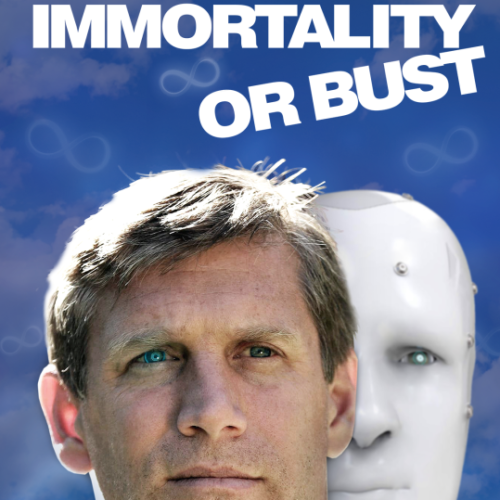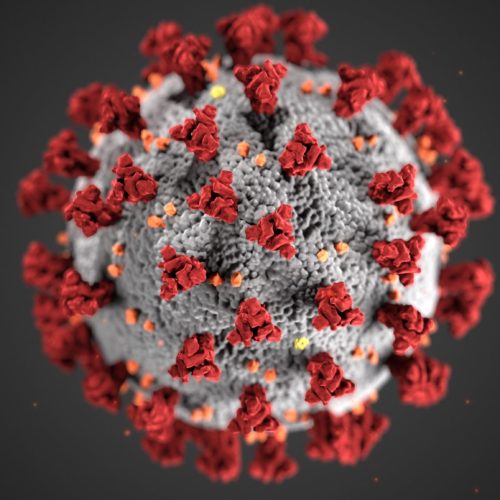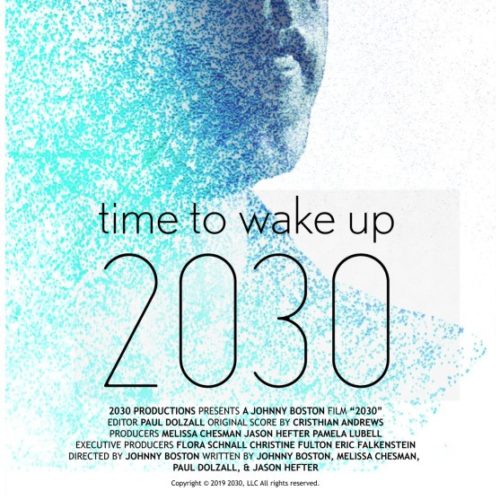Future My Love and Starting a Gift Economy
Maja Borg / Op Ed
Posted on: January 16, 2014 / Last Modified: January 16, 2014
It took us over five years to complete the film Future My Love. In those years, awareness of economy changed dramatically.
In 2007, ‘economy’ was not really a hot topic and was mostly left aside for those who ‘knew what they were doing’. This surprised me because I feel so passionate about the subject. As if the economy – the way in which we arrange our physical existence together – didn’t have much to do with our daily lives! I had started to understand how much our economy affects us, not just in our day-to-day affairs, but also in how we think and feel, and even how we deal with the way we love each other.
Then things started to fall apart. The economy crashed, my relationships crackled, and the film I set out make was no longer the one I could finish. The economic crisis became a crisis for the film, but as these things go, it also became an opportunity to discuss ‘economy’ for what it fundamentally is – a human relationship, not just a banking system.
Making this film, it was soon clear that the problem is not lack of solutions. There are many brilliant thinkers proposing transitional models on how we could ease ourselves out of these destructive cycles towards an economy that stands in balance to our modern reality. The real problem, I believe, lies in us and in our fear of the unknown. The structures we have created have also shaped us, and the destructive mechanisms we see in the monetary-based system are reflected in our very own psychology. To challenge economy is to challenge ourselves, which is far harder than to complain about the banking system.
I often hear the argument that humans are inherently greedy.
This is used as a way to express that a different kind of economy would never work. Such grand assumptions of what ‘we are’ and what ‘we are not’ should perhaps be made more carefully. Instead of viewing the existence of capitalism as proof of the egotistical, competitive nature of human beings – could it be so that capitalism makes us that way?
Capitalism does not offer any grand moral statements (more than perhaps the protection of an illusive freedom which gives us the right to choose between the same salad dressings in every restaurant all over the world), it’s not a preaching philosophy but however unspoken – it has direct consequences if you try to challenge it.
Serve capitalism right and you are rewarded, serve it wrong and you will be punished. The ‘right’ thing to do in capitalism can mean making war planes or speculating with someone else’s savings – anything that makes money. The ‘wrong’ thing can be buying fair trade produce or taking care of your elderly mother – anything that costs you more or earns you less.
In order to change such a system, we have to understand the system as a part of ourselves. There is no fight for good or evil at the top – we are all part of this system. We have to recognize the way economy shapes our own psychology and make the silent ways in which capitalism shapes our morals loud and clear.
Should we give the film away for free?
The film explores the possibility of a world without money or barter, so instinctively the ‘right’ thing to do is to give it away for free.
However this is not how the film industry works, and if we want to reach an audience who are not active pirates on the web, or who are already interested in the topic (which has always been the hope with the film) we had to find some middle ground, or better still, a third option.
Even if we kept working on the film for free, we would still have rents to pay. We are as trapped in the system as the rest of the 99% of the world’s population who are not completely economically independent.
People have different opinions about pirating, and I have to say I agree with multiple sides of this argument: it is ‘just’ and ‘right’ to pirate and share important films for free, and it is ‘just’ and ‘right’ to respect copyright, because this will allow the creators to keep working and enable the film to reach out to people who would otherwise not get a chance to see it.
There are three known forms of economic transactions: exchange, gift and theft. So these basics are what we suggest to those who might want to see the film.
1. Exchange: If you believe in paying for a product you can simply buy a VOD stream, or a DVD, or a screening license. We give you the film we’ve been working on, and you give us money.
2. Gift: We give the film for free to an initial number of people and then give them the option to give it, or pay it forward, to someone else. You can find out here how it works: http://www.futuremylove.com/forward
OR
3. Theft: You may choose to disregard what I have just said and “steal” the film in one way or another. But that would of course not be great for our plan, as we would rather see whether gifting could make a difference to people’s perception about economy. However, we decided not to protect the film through digital rights management since we trust you to make your own decisions and don’t believe in restricting its usage across different platforms.
The philosophy of the film is to think about things from different perspectives; to relate things that are not usually put together, creating new thoughts. Because we need new thoughts, in fact we need a whole new way of thinking to get out of this bad spiral of our physical existence – before it gets rid of us like any other virus. So we ask for your help to spread these thoughts and provoke debate about real change wherever you can! Let us know if there is anything we can do to help.
About the Author:
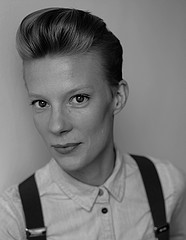 Maja Borg is a film director working across documentary, fiction and experimental film. She worked on films in Europe, Asia, The Middle East and USA and has been commissioned by various funding bodies in UK and Sweden. In 2007 she made the widely acclaimed and exhibited short Ottica Zero (2007) which gave rise to the development of her first feature, Future My Love (2012). She has also collaborated as director of photography and editor with several other filmmakers, notably Anna Linder and Carl-Henrik Svenstedt. Maja lives in Glasgow, Scotland.
Maja Borg is a film director working across documentary, fiction and experimental film. She worked on films in Europe, Asia, The Middle East and USA and has been commissioned by various funding bodies in UK and Sweden. In 2007 she made the widely acclaimed and exhibited short Ottica Zero (2007) which gave rise to the development of her first feature, Future My Love (2012). She has also collaborated as director of photography and editor with several other filmmakers, notably Anna Linder and Carl-Henrik Svenstedt. Maja lives in Glasgow, Scotland.
Related articles
- Peter Joseph on Singularity 1 on 1: We Are All Subjected To The Same Natural Law System
- Jacque Fresco on Singularity 1 on 1: Apply the Methods of Science to the Social System!


